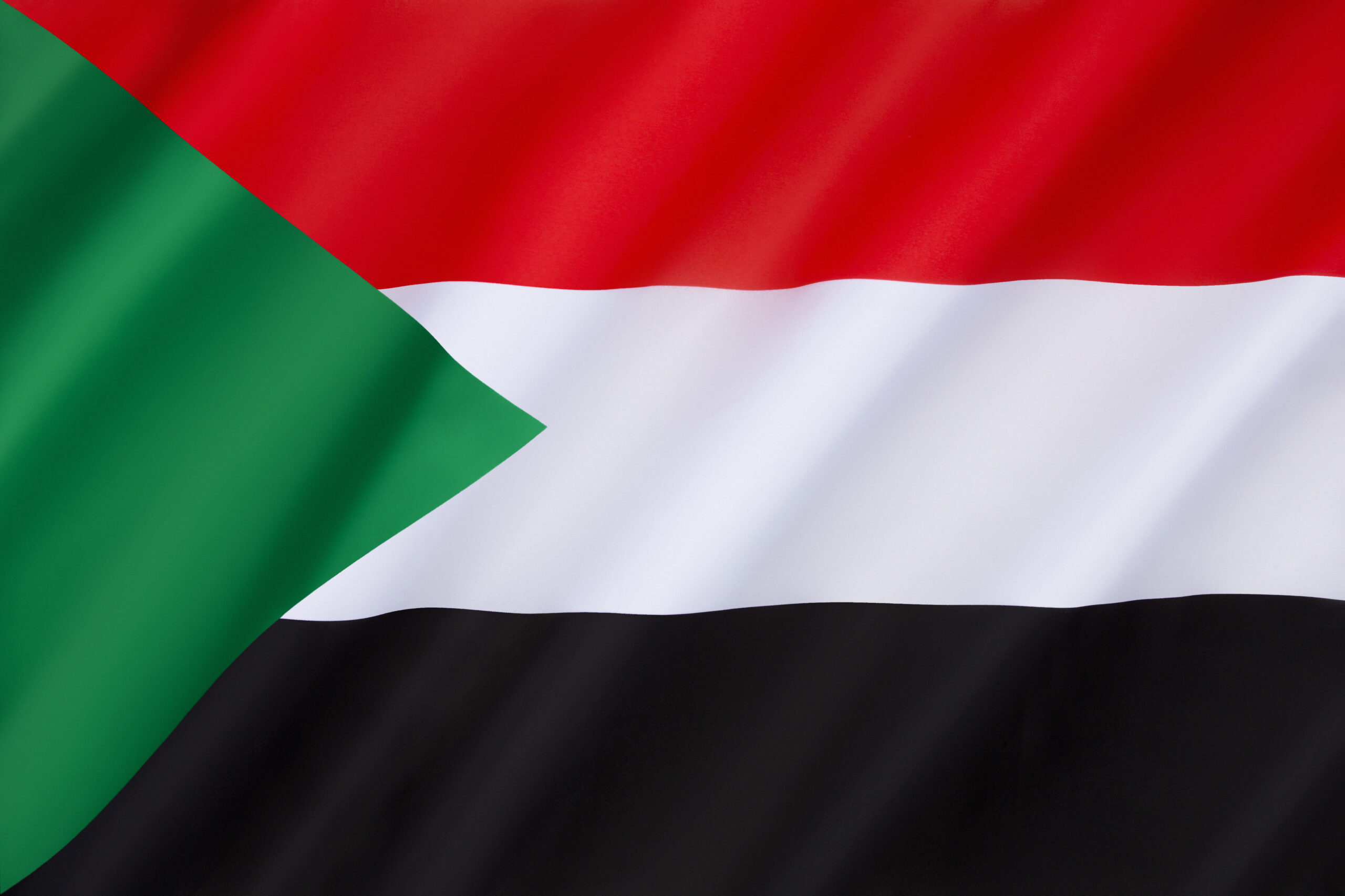What’s Happening in Sudan: A Quick Look
Sudan is facing a huge crisis. The conflict, especially in a place called Darfur, has gotten really bad, causing a lot of people to suffer. There’s a lot of fighting, and many people are getting hurt or having to leave their homes. This situation is so serious that it needs the world to pay attention and help out.

Darfur’s Big Problem: The Rise of Powerful Militias
In Darfur, a part of Sudan, things are getting tense because of a group called the Rapid Support Forces (RSF). They’re a powerful militia trying to take over the area. Their leader, General Mohamed Hamdan Dagalo, and his forces are capturing important places. This is scary because Darfur has had problems with violence before, and the RSF is known for not being nice to people.
How This Affects People: A Really Bad Situation
The United Nations says that over 25 million people in Sudan need help because of this crisis. Because of the fighting, people can’t get basic things like food, water, or medical care. It’s especially hard for women and children, who face dangers like being forced to leave their homes, violence, and getting sick.
Why Darfur is Struggling: A Bit of History
To really get what’s going on now, you need to know about Darfur’s past. Since 2003, there’s been a lot of violence there because different groups don’t get along and fight over things like land and resources. The recent increase in fighting is scary because it could undo the peace efforts made over the years and bring back the kind of terrible violence we saw before.

The World Reacts: Trying to Help
Countries like the United States and organizations like the United Nations are really worried about the violence in Sudan. They want the fighting to stop but it’s hard because the situation is complicated. They’re trying to figure out how to help, including sending aid and trying to get peace talks going.
Who’s Who in the Conflict
Understanding who’s involved in the Darfur conflict is important. The RSF, the Sudanese Armed Forces, and countries like Saudi Arabia and the United States play big roles. Knowing what each of these groups wants can help us see how the conflict might end.
What Might Happen Next in Darfur
The future of Darfur is uncertain. Things could either get worse with more fighting, or there could be progress in peace talks. What happens next will affect not just Sudan, but also the safety and politics of the whole region.
Wrapping Up: What Needs to Happen in Sudan
To fix the crisis in Sudan, the world needs to act fast. This means stopping the fighting, helping those in need, and working towards lasting peace. It’s not just about fixing what’s happening now, but also dealing with the deeper problems that caused the conflict. The future of Sudan and its people depends on a thoughtful and caring approach to this tough situation.

FAQ Section for the Sudan Crisis Article
Q1: What caused the conflict in Sudan, especially in Darfur?
A: The conflict in Sudan, particularly in Darfur, is due to long-standing ethnic tensions and disputes over resources like land and water. The situation worsened in 2003 and has been fueled by various groups fighting for power and control.
Q2: Who are the Rapid Support Forces (RSF)?
A: The Rapid Support Forces (RSF) are a powerful militia group in Sudan, led by General Mohamed Hamdan Dagalo. They are known for their aggressive tactics and have been a major force in the recent escalation of the conflict in Darfur.
Q3: How many people are affected by the crisis in Sudan?
A: According to the United Nations, over 25 million people in Sudan require humanitarian assistance due to the ongoing conflict. This includes those who are directly affected by violence and those who have lost access to basic needs like food and healthcare.
Q4: What are the main challenges faced by civilians in the conflict zones?
A: Civilians in conflict zones face numerous challenges including displacement (being forced to leave their homes), lack of access to essential services like healthcare, food, and clean water, and risks of violence and disease.
Q5: How is the international community responding to the crisis in Sudan?
A: The international community, including countries like the United States and organizations like the United Nations, has condemned the violence and called for a ceasefire. Efforts include diplomatic initiatives, providing humanitarian aid, and supporting peace processes.
Q6: What can happen in the future for Darfur?
A: The future of Darfur is uncertain. It could see continued violence and instability, or there could be progress towards peace if successful negotiations take place. The outcome will significantly impact not just Sudan but also regional stability.
Q7: What can people around the world do to help?
A: People can help by staying informed about the situation, supporting reputable organizations that provide humanitarian aid to Sudan, advocating for peaceful resolutions, and encouraging their governments to take action in the international efforts to resolve the crisis.
Q8: Why is it important for the world to pay attention to the Sudan crisis?
A: The crisis in Sudan is not just a local issue but a humanitarian concern with global implications. It affects regional stability, human rights, and sets a precedent for how the world responds to such conflicts. International attention and action can help bring about a resolution and support for those affected.
Sources Financial Times


